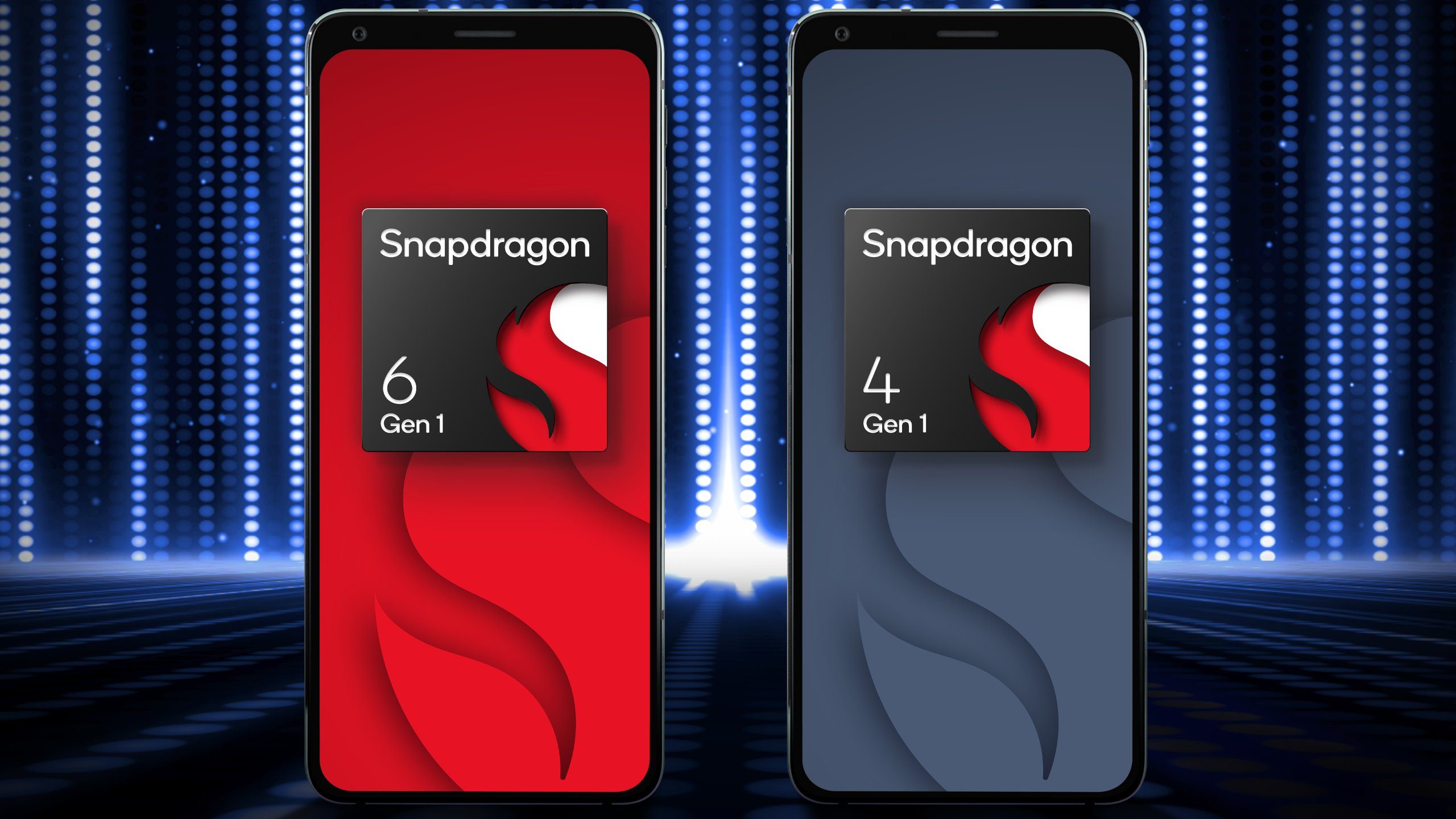- Microsoft has announced that 64-bit app emulation is coming to Windows on Arm next month.
- The feature will be offered to consumers in the Windows Insider program first.
- It allows users to run more legacy 64-bit Windows apps, such as games and editing tools.
The first Windows on Arm laptops and convertibles were released in 2018, offering Windows 10 on power-efficient Arm chips rather than legacy x64 silicon from Intel and AMD. Microsoft used emulation to allow 32-bit legacy apps to still run on Windows on Arm, but 64-bit app emulation hasn’t been possible until now.
Now, the Redmond company has announced (h/t: XDA-Developers) that it will indeed bring 64-bit app emulation to Windows on Arm next month. The company says users in the Windows Insider program will get the feature first, so users at large can expect to get it some time thereafter.
This was one of the biggest omissions from Windows on Arm up until now, as it meant that 64-bit only legacy apps such as several Adobe creative apps and numerous games simply wouldn’t work on these machines (although 64-bit Arm apps still worked). So those hoping to use Adobe Premiere Pro CS5, the 64-bit version of Photoshop, or wanting to play more games via Steam can theoretically do so, although performance, polish and power consumption remains to be seen.
There’s still more room for improvement though, especially when it comes to driver support on the Arm-powered platform. More specifically, Microsoft previously noted that drivers for hardware, games, and apps will only work if they’re designed for Windows on Arm. In other words, those reliant on legacy peripherals seem to be largely out of luck for now. But hopefully we see developments in this regard if Microsoft isn’t already focusing on this issue.
Nevertheless, our own Robert Triggs was pretty happy with the strides made by the platform in recent times. More specifically, he noted that even first-generation computers have delivered much improved 32-bit app emulation and a wider range of native apps. However, both Rob and our Gary Sims agree that price is still a major barrier of entry for Windows on Arm machines.
Next: Microsoft Surface Pro X review — All the pros and cons of Windows on Arm in one laptop














